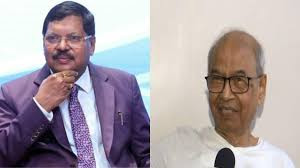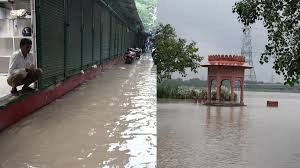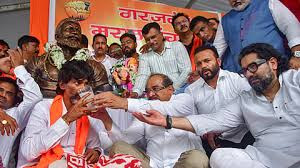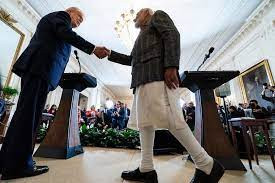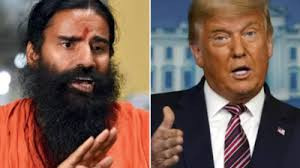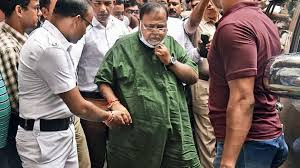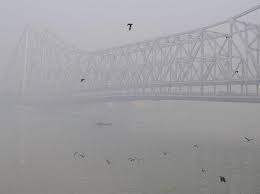President Murmu Questions Supreme Court on Judicial Limits Over Bill Assent Process

IIE DIGITAL DESK : The significant development highlighting the delicate balance between the executive, legislature, and judiciary, President Droupadi Murmu has raised a pointed constitutional query before the Supreme Court, asking whether courts can impose timelines or prescribe the manner in which Governors and the President exercise their discretion in granting assent to legislative Bills. The question came during the ongoing hearings on a petition concerning delays by Governors and the President in giving assent to Bills passed by state legislatures.
President Murmu’s submission to the apex court has reignited a broader constitutional debate about the separation of powers and the scope of judicial review in matters relating to legislative assent. The President’s query, relayed through the Attorney General of India, was framed in a manner that sought clarity on whether judicial directives can encroach upon what has traditionally been considered a discretionary domain under Articles 200 and 201 of the Indian Constitution for Governors, and Article 111 for the President.
The case, brought before the Supreme Court by the Tamil Nadu government, challenges what it calls “arbitrary delays” by Governors and the Union in clearing state legislation, thereby frustrating the will of democratically elected state assemblies. The matter has gained urgency after repeated delays in multiple states, including Tamil Nadu, Kerala, and Telangana, where state governments have accused Governors of stalling Bills without sufficient cause or communication.
During the proceedings, the Supreme Court had earlier suggested that there must be some constitutional accountability and that the process of granting or withholding assent to a Bill cannot be left in a legal vacuum indefinitely. It hinted that the court might consider laying down timelines for decision-making on legislative matters. This suggestion prompted the response from the Union government and subsequently from President Murmu, seeking clarity on whether the judiciary could enter this domain without undermining constitutional conventions and the separation of powers.
Legal experts have described the moment as unprecedented, with a sitting President directly questioning the boundaries of judicial authority in constitutional processes. While the Constitution does not explicitly provide a timeline for the assent process, the framers assumed a degree of good faith and institutional discipline in ensuring timely decisions. However, in recent years, the increasing politicization of gubernatorial and presidential roles in legislative processes has brought this issue to the fore.
The Supreme Court bench, headed by Chief Justice D.Y. Chandrachud, acknowledged the complexity of the issue and assured that it would address the constitutional concerns carefully. The bench emphasized that while it does not seek to interfere in the legitimate functions of the executive, it must examine whether inordinate delays undermine democratic principles and legislative efficacy.
As the court continues to hear arguments, the outcome could have far-reaching implications for center-state relations and the functional integrity of India’s legislative system. President Murmu’s intervention has added constitutional gravity to the case, ensuring that the final verdict will be closely watched across political and legal circles alike.
You might also like!





